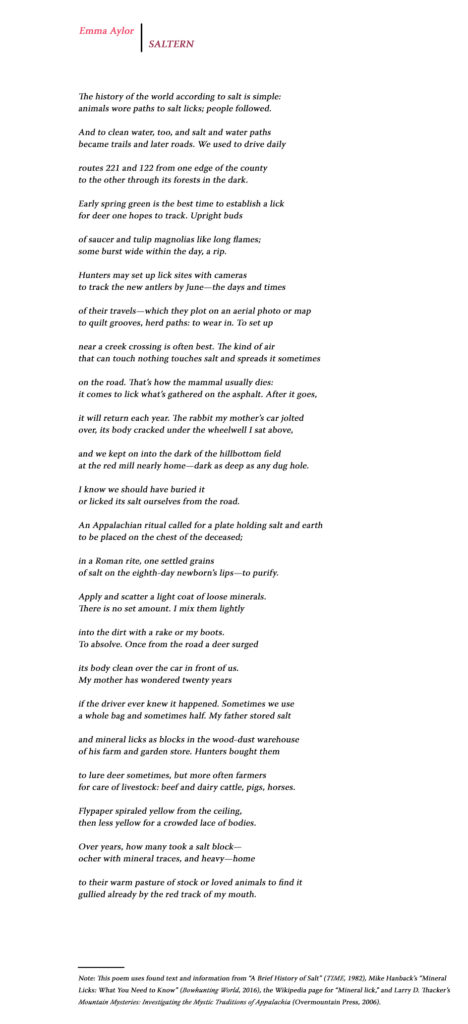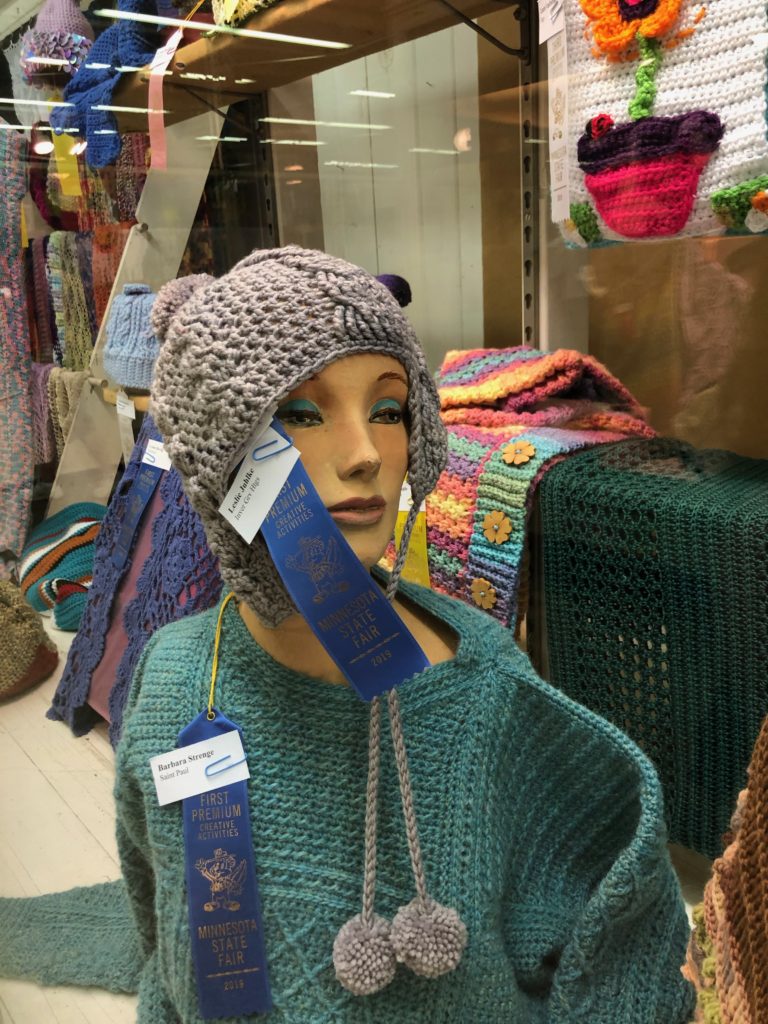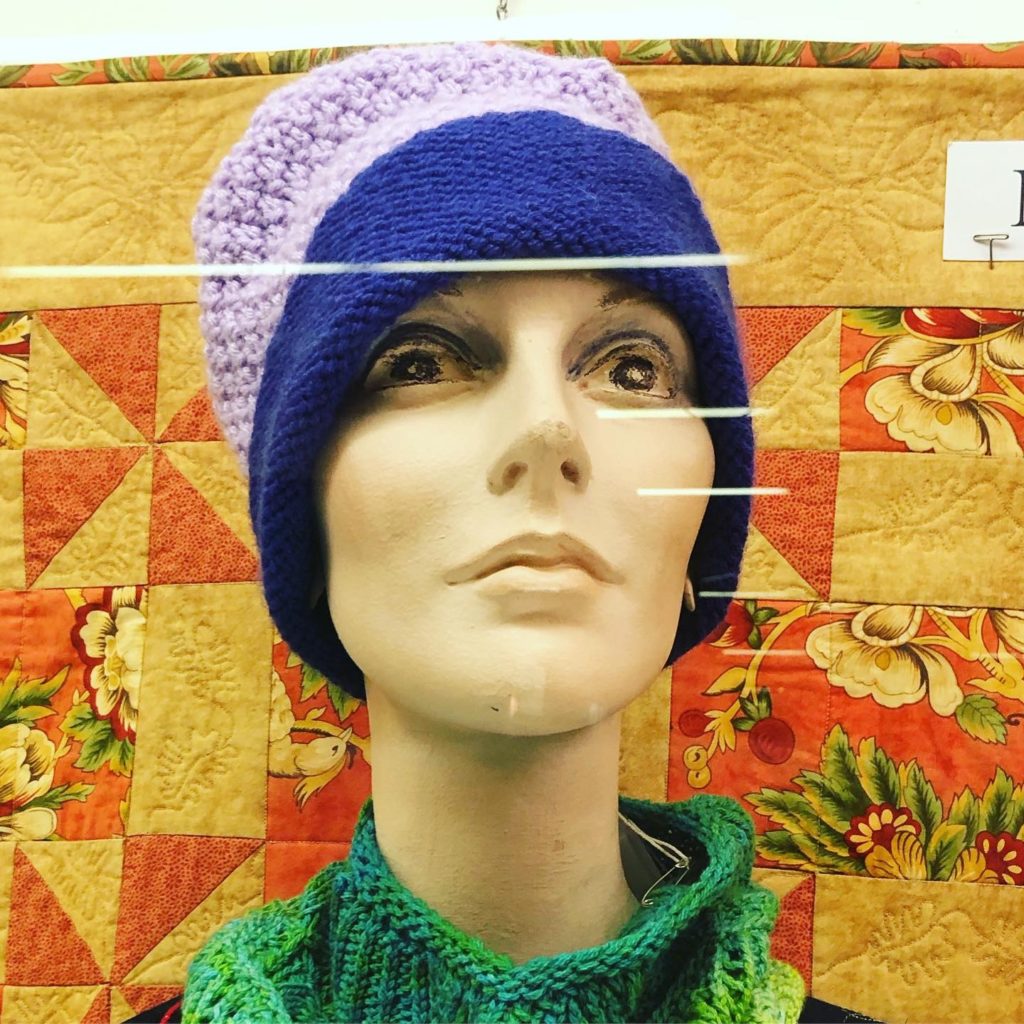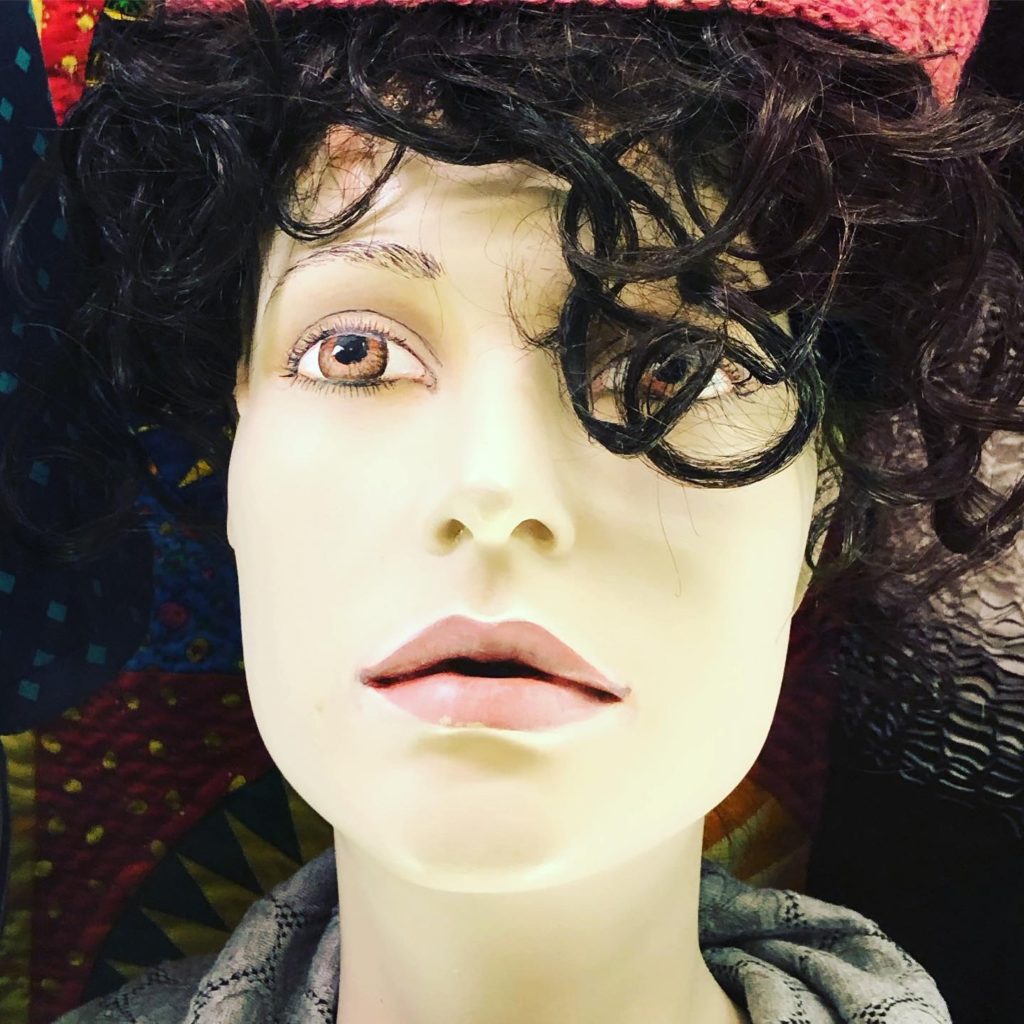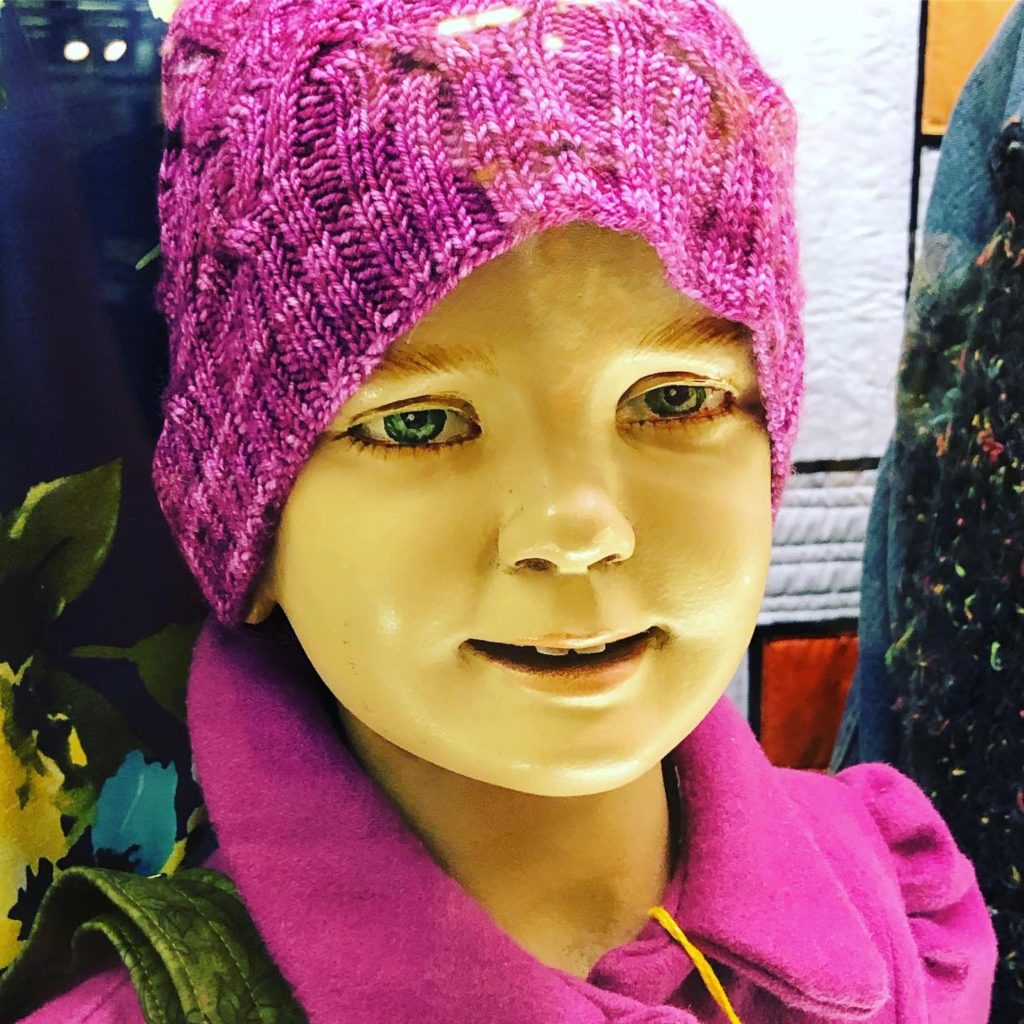2.1 miles
2 trails
62 degrees/humidity: 94%!
An organized run took over the path–marathon training. Trots of runners forcing me to aggressively claim my own space on the upper path. Sunny. Humid. Happy to turn down at the 44th street parking lot and take the lower trail. Hardly any traffic. Saw the shining river. Heard the water trickling out of the sewer pipe. Felt my legs getting stronger. Noticed how the leaning tree near the 38th street steps is still leaning. Forgot to check if the yarn is still dangling from it.
Searching for “leaning tree poetry” on google, I found this fabulous poem on the third page of results. This poem! I want to spend some time with it, thinking about knowing and writing and language and experience and how words do and don’t matter.
Learning the Trees
BY HOWARD NEMEROV
Before you can learn the trees, you have to learn
The language of the trees. That’s done indoors,
Out of a book, which now you think of it
Is one of the transformations of a tree.
The words themselves are a delight to learn,
You might be in a foreign land of terms
Like samara, capsule, drupe, legume and pome,
Where bark is papery, plated, warty or smooth.
But best of all are the words that shape the leaves—
Orbicular, cordate, cleft and reniform—
And their venation—palmate and parallel—
And tips—acute, truncate, auriculate.
Sufficiently provided, you may now
Go forth to the forests and the shady streets
To see how the chaos of experience
Answers to catalogue and category.
Confusedly. The leaves of a single tree
May differ among themselves more than they do
From other species, so you have to find,
All blandly says the book, “an average leaf.”
Example, the catalpa in the book
Sprays out its leaves in whorls of three
Around the stem; the one in front of you
But rarely does, or somewhat, or almost;
Maybe it’s not catalpa? Dreadful doubt.
It may be weeks before you see an elm
Fanlike in form, a spruce that pyramids,
A sweetgum spiring up in steeple shape.
Still, pedetemtim as Lucretius says,
Little by little, you do start to learn;
And learn as well, maybe, what language does
And how it does it, cutting across the world
Not always at the joints, competing with
Experience while cooperating with
Experience, and keeping an obstinate
Intransigence, uncanny, of its own.
Think finally about the secret will
Pretending obedience to Nature, but
Invidiously distinguishing everywhere,
Dividing up the world to conquer it,
And think also how funny knowledge is:
You may succeed in learning many trees
And calling off their names as you go by,
But their comprehensive silence stays the same.
